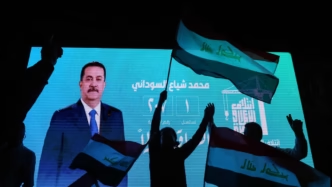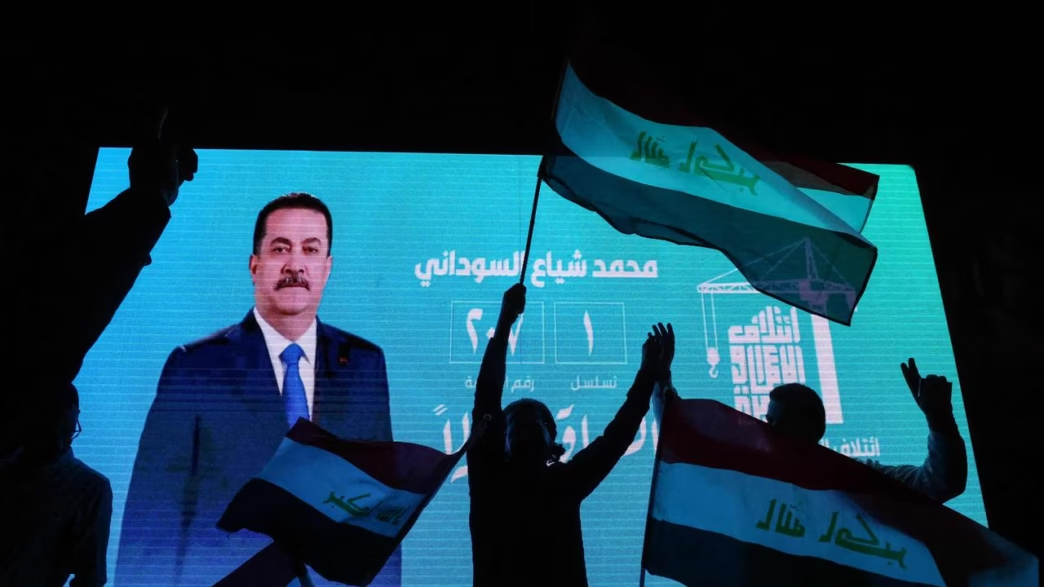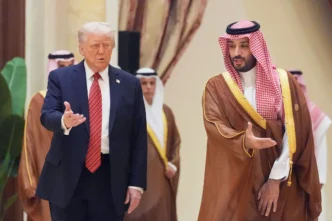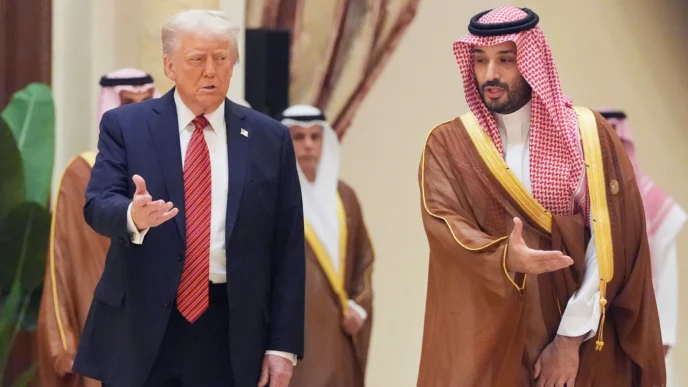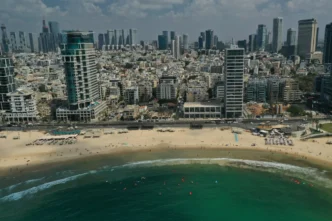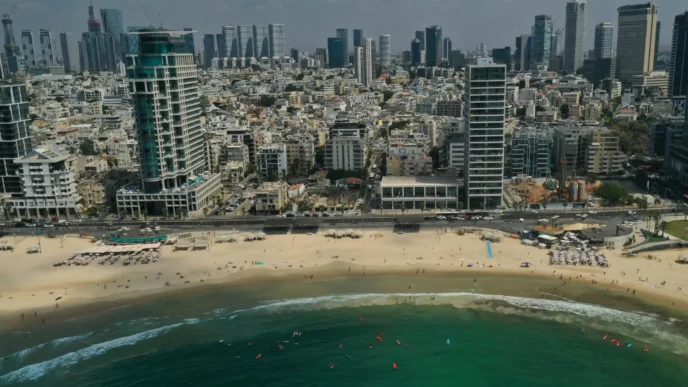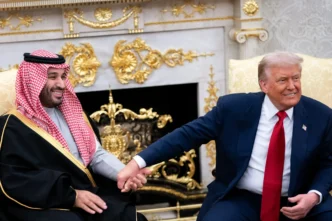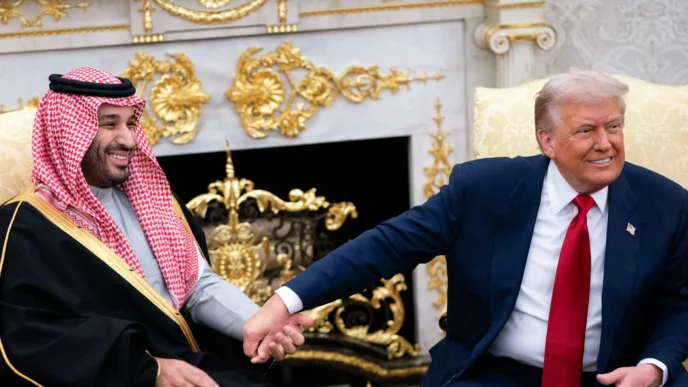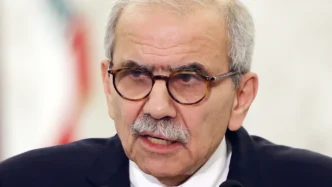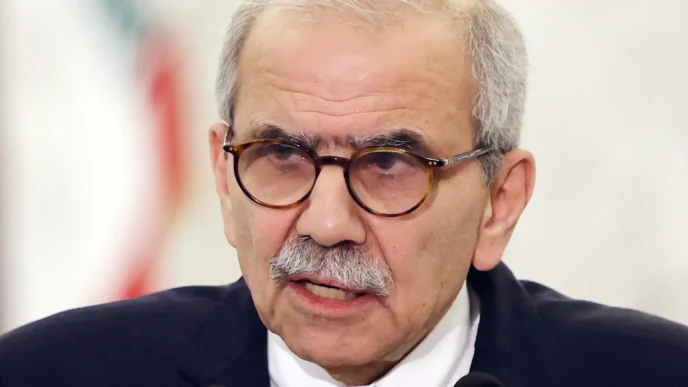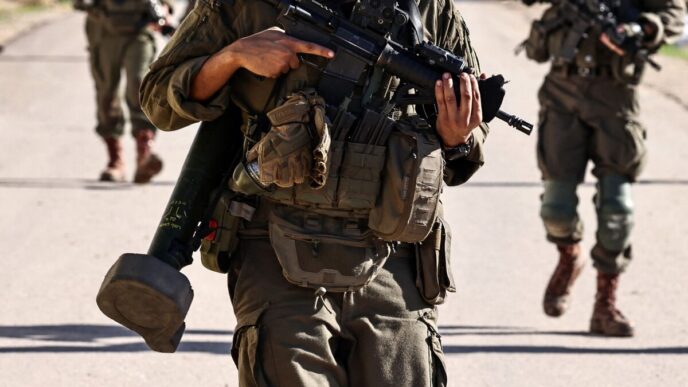Early results from Iraq’s parliamentary elections indicate a significant victory for Prime Minister Mohammed Shia Al-Sudani’s coalition, signaling continuity in leadership while reshaping the balance of power in the country’s fragmented political landscape. Preliminary tallies show Al-Sudani’s coalition securing the largest share of seats, putting it ahead of competing blocs and positioning the prime minister as a key figure in forming the next government.
Election Overview
The elections, held amid heightened security measures and growing public frustration over corruption, unemployment, and public services, witnessed robust voter engagement despite regional tensions and political polarization.
Al-Sudani’s coalition, emphasizing economic reforms, anti-corruption measures, and national unity, appears to have resonated with voters seeking stability after years of political uncertainty. While the exact seat distribution is still being finalized, early indications suggest the coalition will play a central role in government formation.
“These preliminary results show strong public support for a government committed to reform and national development,” said an analyst based in Baghdad.
Key Campaign Themes
The coalition’s campaign focused on several pressing issues for Iraqis:
- Economic Recovery and Job Creation – Proposals to revive oil revenues, diversify the economy, and create employment opportunities for youth.
- Anti-Corruption Initiatives – Pledges to strengthen oversight mechanisms and reduce bureaucratic inefficiencies.
- National Unity and Security – Strategies to counter militia influence, reinforce state institutions, and maintain internal stability.
Al-Sudani, a former interior and finance minister, leveraged his reputation as a pragmatic administrator to present his coalition as a competent governing force capable of delivering tangible results.
Implications for Government Formation
Iraq’s political system, characterized by coalition-based governance and sectarian power-sharing, means that even the leading bloc must negotiate with other parties to form a functioning government. Early results indicate that Al-Sudani’s coalition will likely need to collaborate with smaller sectarian and regional blocs, balancing Shia, Sunni, and Kurdish interests to secure a parliamentary majority.
Political observers note that these negotiations will be crucial for determining cabinet positions, policy priorities, and the overall direction of the new government.
“Winning the most seats is important, but Iraq’s political reality requires building broad alliances,” said a Middle East political analyst. “How Al-Sudani navigates this process will define the next administration’s effectiveness.”
Regional and International Context
The elections take place against a backdrop of regional tensions and international attention, with neighboring countries and global powers closely monitoring Iraq’s political trajectory. Al-Sudani’s coalition has pledged to maintain balanced foreign relations, strengthen ties with neighboring Arab states, and continue cooperation with Western allies on security and economic matters.
Experts suggest that a stable, reform-oriented government could bolster foreign investment, improve energy sector management, and contribute to regional stability, all of which are critical for Iraq’s long-term development.
Challenges Ahead
Despite the electoral lead, Al-Sudani faces several challenges:
- Delivering on Campaign Promises – Economic diversification, anti-corruption measures, and improved public services require swift and effective action.
- Political Fragmentation – Iraq’s parliament is highly segmented, and coalition-building may involve compromises that dilute policy objectives.
- Security and Stability Concerns – Militia influence, border tensions, and insurgent activity remain significant obstacles to governance.
Analysts emphasize that the early victory provides an opportunity, but translating electoral success into sustained political stability and reform will be a complex and delicate task.
Conclusion
Preliminary results positioning Prime Minister Mohammed Shia Al-Sudani’s coalition as the frontrunner mark a pivotal moment in Iraq’s political evolution. The outcome reflects public desire for reform, stability, and competent governance, while highlighting the challenges of coalition politics in a deeply divided country.
As the official results are finalized and negotiations for government formation unfold, all eyes will remain on Baghdad to see whether Al-Sudani can convert his electoral momentum into a durable and effective administration, capable of addressing Iraq’s pressing economic and social needs.


